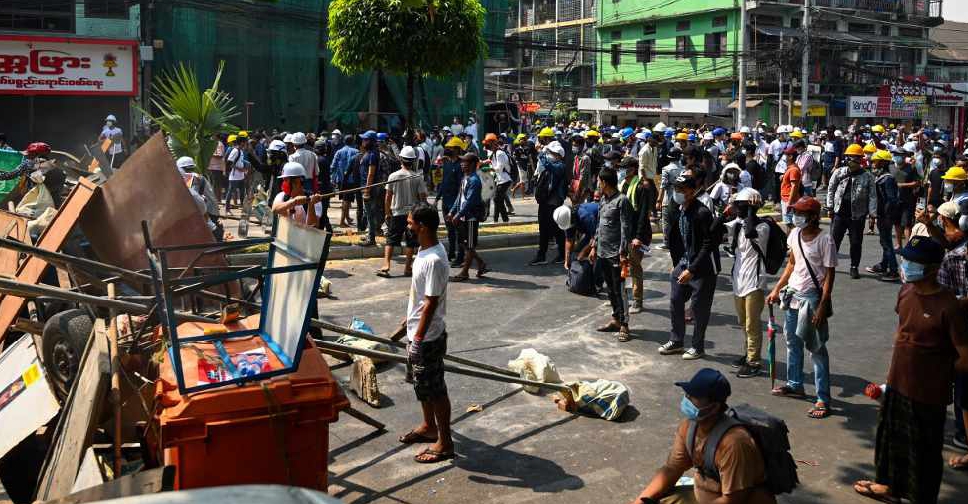
Myanmar police fired on protesters on Sunday in the bloodiest day of weeks of demonstrations against a military coup, killing at least seven people and wounding several more.
Myanmar has been in chaos since the army seized power and detained elected government leader Aung San Suu Kyi and much of her party leadership on February 1, alleging fraud in a November election her party won in a landslide.
The coup, which brought a halt to tentative steps towards democracy after nearly 50 years of military rule, has drawn hundreds of thousands onto the streets and the condemnation of Western countries.
"Myanmar is like a battlefield," the nation's first Catholic cardinal, Charles Maung Bo, said on Twitter.
Police were out in force early and opened fire in different parts of the biggest city of Yangon after stun grenades, tear gas and shots in the air failed to break up crowds. Soldiers also reinforced police.
Several wounded people were hauled away by fellow protesters, leaving bloody smears on pavements, media images showed. One man died after being brought to a hospital with a bullet in the chest, said a doctor who asked not to be identified.
A woman died of a suspected heart attack after police swooped to break up a Yangon teachers' protest with stun grenades, her daughter and a colleague said.
Police also opened fire in Dawei in the south, killing three and wounding several, politician Kyaw Min Htike told Reuters from the town.
The Myanmar Now media outlet reported two people had been killed in a protest in the second city of Mandalay.
Police and the spokesman for the ruling military council did not respond to phone calls seeking comment.
Police broke up protests in other towns, including Lashio in the northeast and Myeik in the deep south, residents and media said.
'INSTIL FEAR'
Youth activist Esther Ze Naw said earlier people were battling the fear they had lived with under military rule.
"It's obvious they're trying to instil fear in us by making us run and hide," she said. "We can't accept that."
The police action came after state television announced that Myanmar's U.N. envoy had been fired for betraying the country, after he urged the United Nations to use "any means necessary" to reverse the coup.
The ambassador, Kyaw Moe Tun, remained defiant. "I decided to fight back as long as I can," he told Reuters in New York.
While Western countries have condemned the coup and some have imposed limited sanctions, the generals have traditionally shrugged off diplomatic pressure. They have promised to hold a new election but not set a date.
Suu Kyi's party and supporters said the result of the November vote must be respected.
Suu Kyi, 75, who spent nearly 15 years under house arrest, faces charges of illegally importing six walkie-talkie radios and of violating a natural disaster law by breaching coronavirus protocols. The next hearing in her case is on Monday.





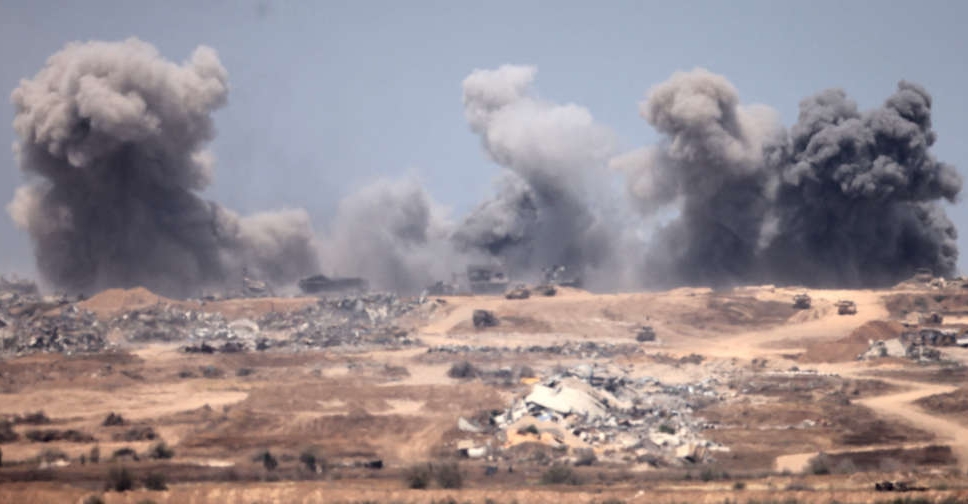 Qatari PM: Ceasefire talks on Gaza show signs of progress
Qatari PM: Ceasefire talks on Gaza show signs of progress
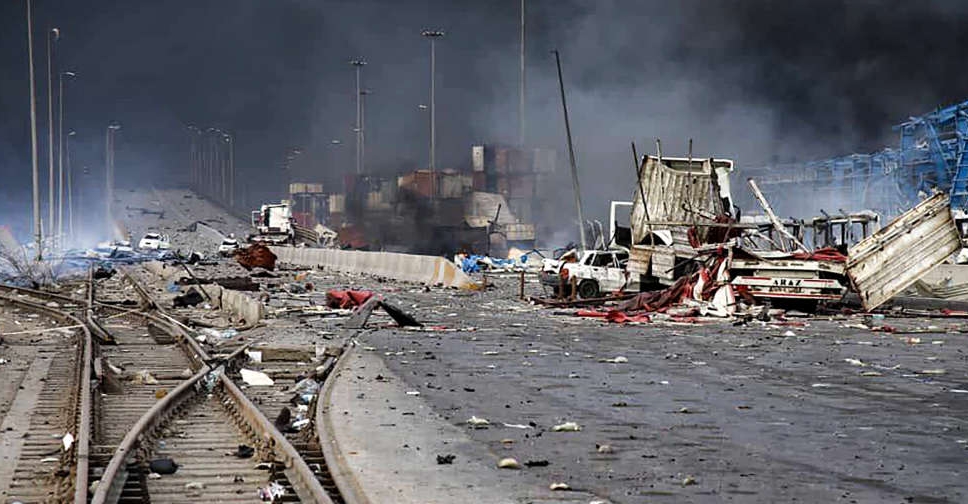 More than 700 injured in Iran's explosion
More than 700 injured in Iran's explosion
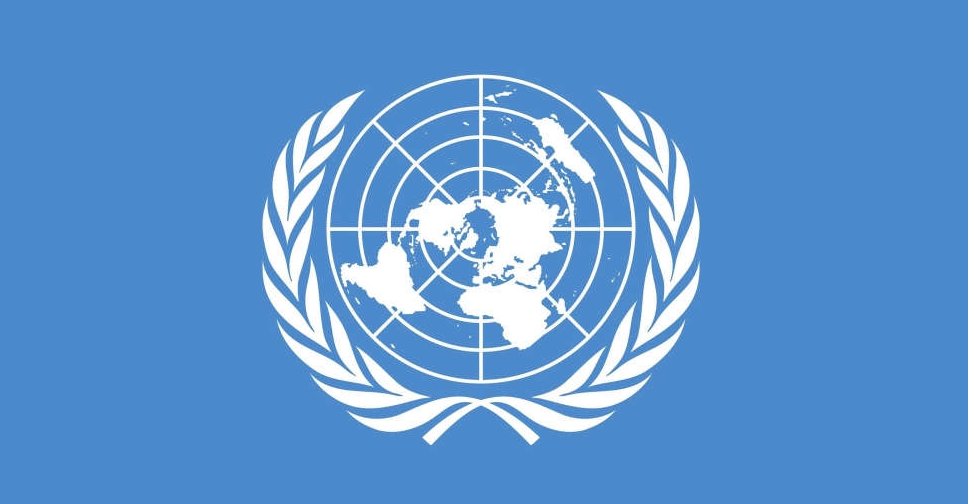 UN warns funding cuts threaten vital aid
UN warns funding cuts threaten vital aid
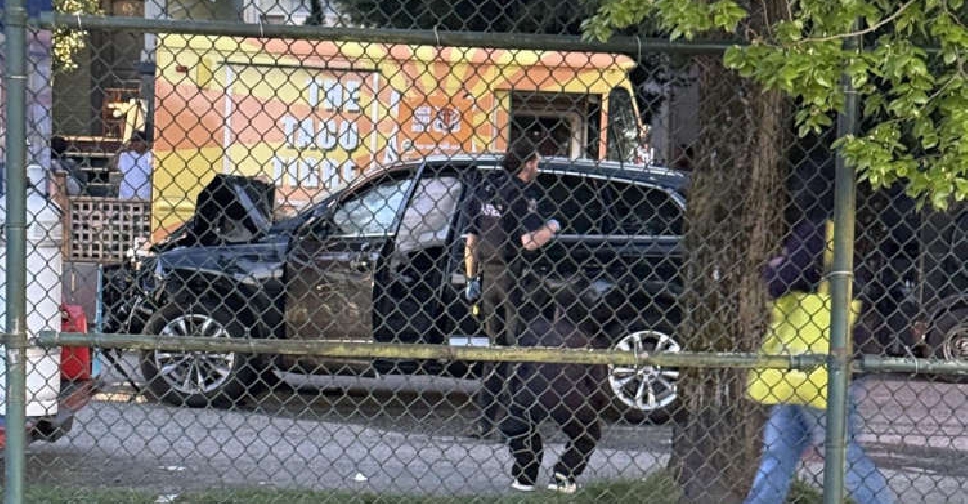 Multiple dead in Vancouver after vehicle plows into street festival
Multiple dead in Vancouver after vehicle plows into street festival
